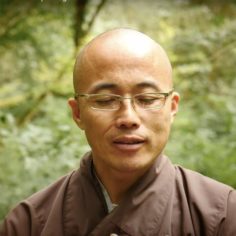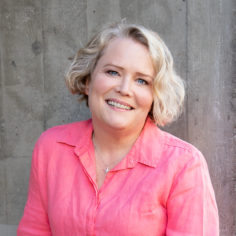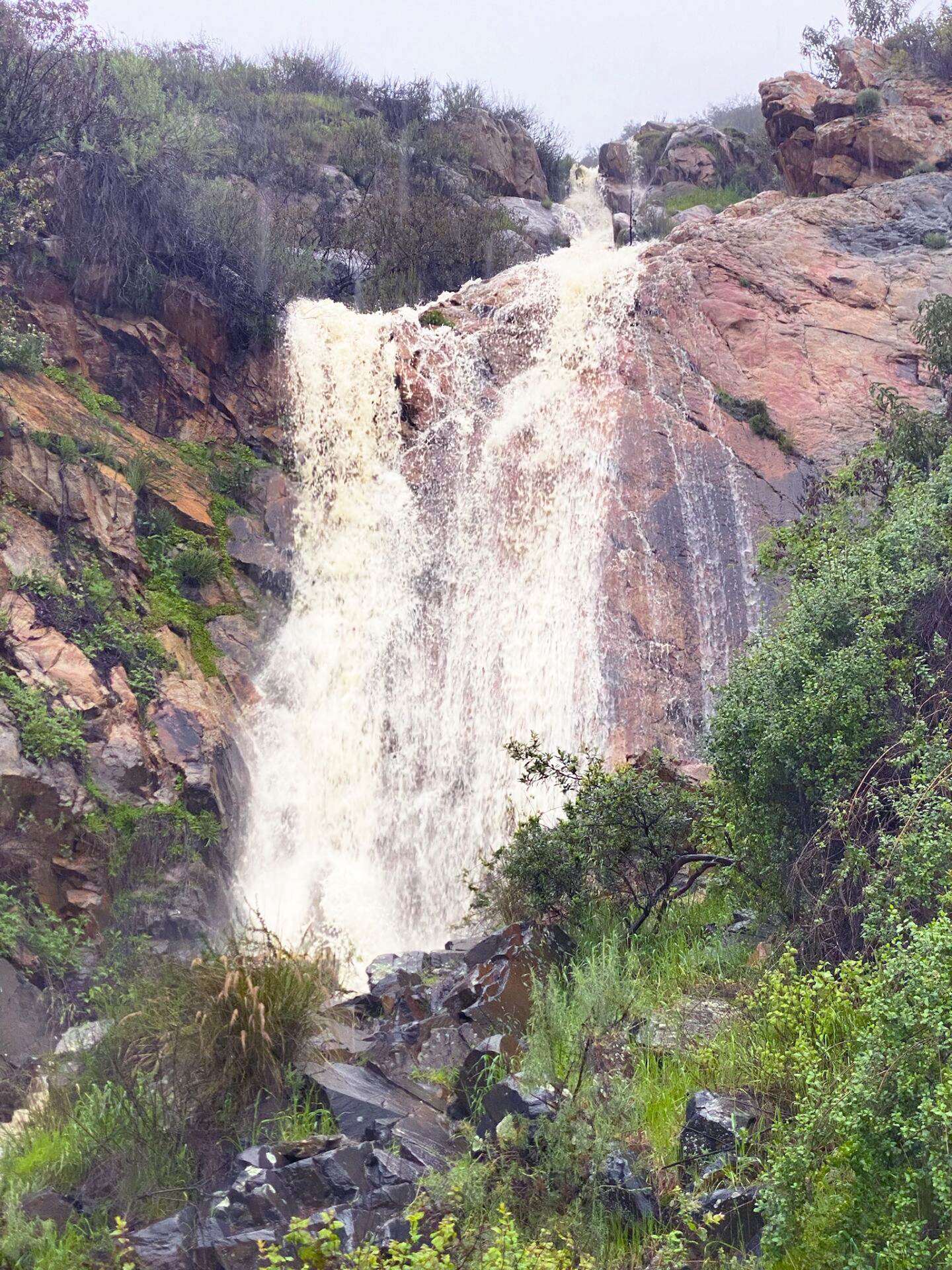A webinar excerpt with Brother Pháp Dung, Bhante Bhikku Buddharakkita, and (Genla) Lobsang Phuntsok, edited by Orlaith O’Sullivan
By Brother Pháp Dung, Orlaith O’Sullivan on
About our initiative
Over the last year, Wake Up Schools has collaborated with Buddhists Across Traditions and Jhamste Gatsal Children’s Community to establish SHEE—Sprouting Humane Education for the Ecological Crisis.
SHEE is a global open-source community to exchange ideas,
A webinar excerpt with Brother Pháp Dung, Bhante Bhikku Buddharakkita, and (Genla) Lobsang Phuntsok, edited by Orlaith O’Sullivan
By Brother Pháp Dung, Orlaith O'Sullivan on
About our initiative
Over the last year, Wake Up Schools has collaborated with Buddhists Across Traditions and Jhamste Gatsal Children’s Community to establish SHEE—Sprouting Humane Education for the Ecological Crisis.
SHEE is a global open-source community to exchange ideas, inspire each other, and support our aim to evolve education to meet our needs and those of our planet.
On March 4, 2023, we held the webinar “Education for the Ecological Crisis Using Buddhist Ethics” with speakers Brother Pháp Dung (joining from Deer Park Monastery, United States), Bhante Bhikku Buddharakkita (joining from Uganda), and (Genla) Lobsang Phuntsok (joining from India).
These three teachers brought over six decades of work in engaged action and cultivating the gardens of our hearts to awaken to our interconnectedness. This was an inspiring, joyous, international space.
With deep gratitude to our three luminaries for shining a bright light on a path forward and to our global participants and friends who joined us in this vital, important conversation. We share an excerpt of this rich discussion:
Your origin story: What were you seeing or experiencing in the world that you responded to by evolving conscious education?
Lobsang Phuntsok
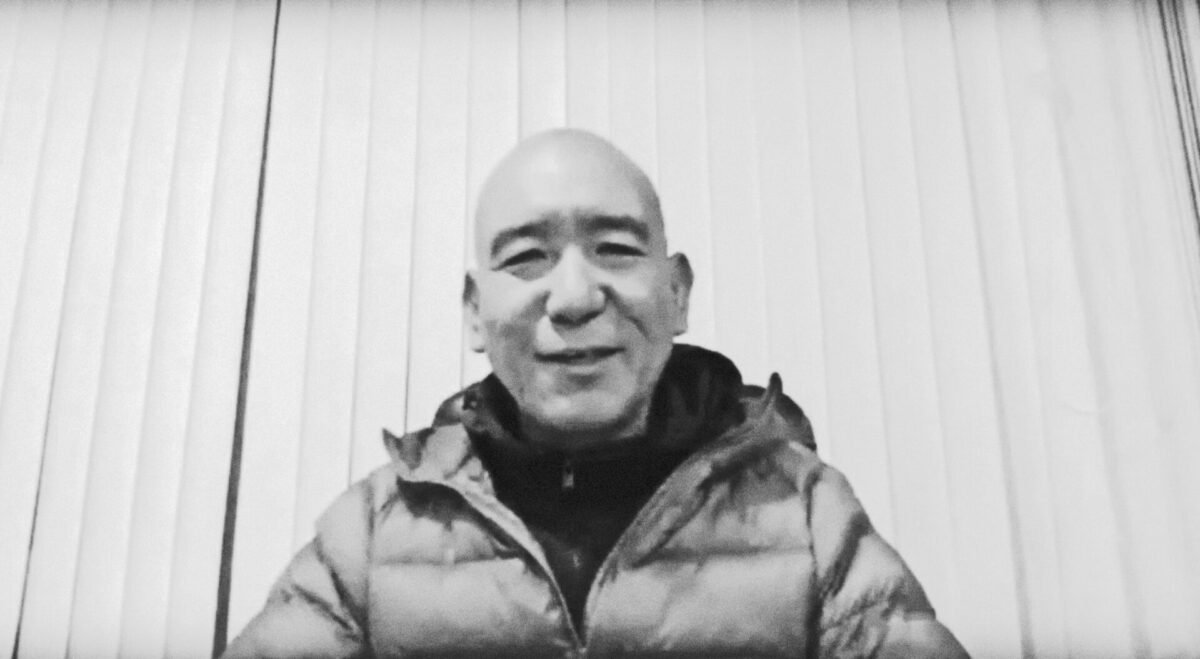
My grandparents sent me to the monastery as a child. Where I come from, there are two kinds of people who go to the monastery: those who are pretty enlightened, and children who are out of control. I was a very difficult child. I joke about this, but I think it's more than a joke. I think my grandparents thought, “If we send him to the monastery, he will change. He will find the human in himself.”
From the compassionate and kind teachers in the monastery, I was given the great gift of two assignments: to help me to find the human in myself, and to find the purpose of that human life.
I’m still working on both! In building the Jhamste Gatsal Children's Community in this remote Himalayan region—being with these children, working with them—I am continuously searching for the human in me and I'm continuously seeking the purpose of this human in me. My inspiration and what I do are not two separate things. There’s no difference.
Bhante Buddharakkita
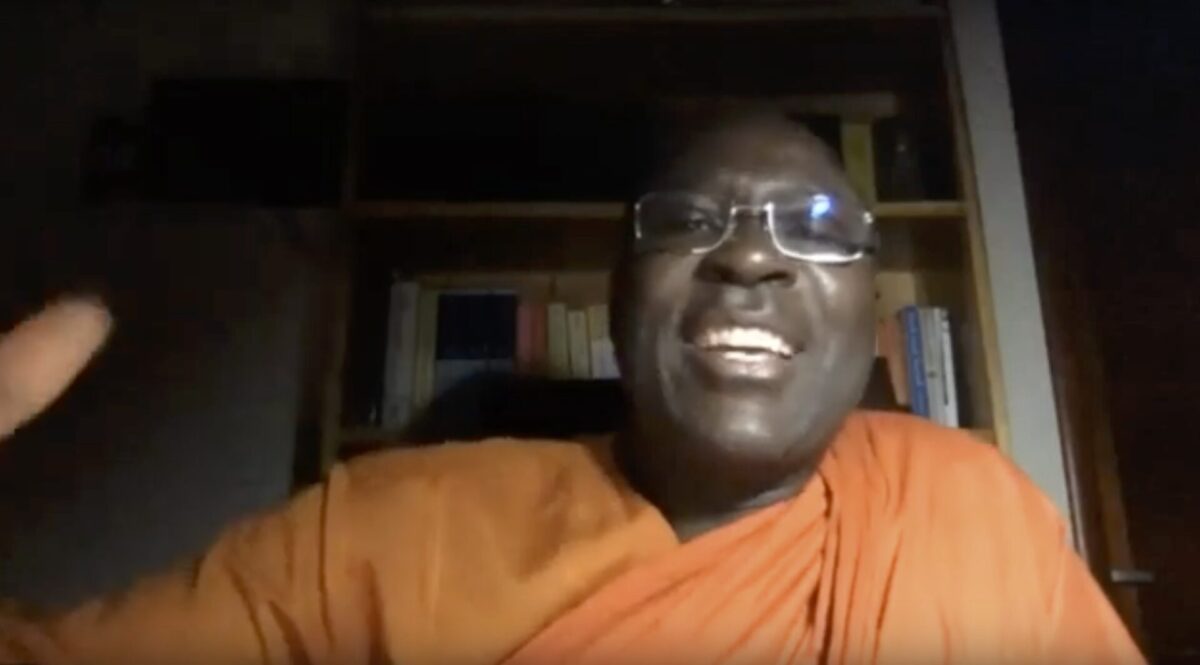
By the time I left for India in 1990 as an exchange student, I had witnessed a lot of violence in Uganda. Of course, back then there was no internet; I was physically exposed to the violence of war and to the many people being shot. In India I went to Tushita Monastery in Dharamsala. I meditated for twelve days, and afterwards I felt very peaceful inside. I said, “Wow, this can help my fellow Africans. I want to introduce it to all of Africa!”
When I returned to Uganda, I could see that the violence had pervaded the younger generation—the children were even throwing stones at dogs. So I started teaching children mindfulness, teaching them to protect life out of loving kindness and compassion.
Brother Pháp Dung
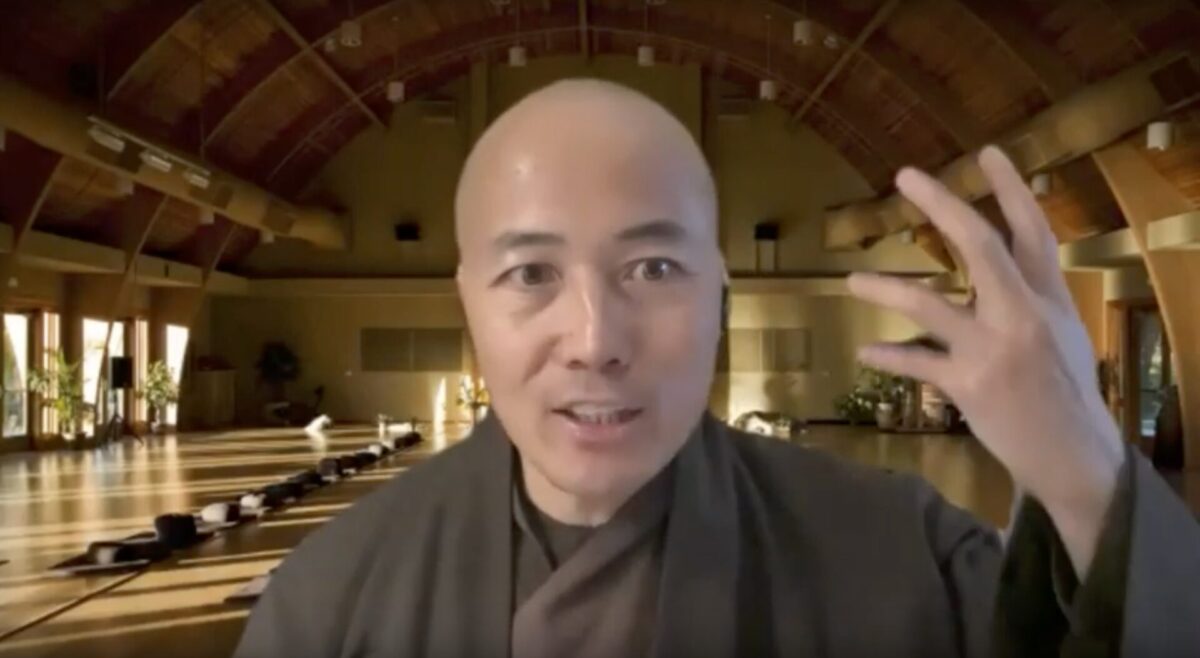
I’m a refugee from Vietnam, like my teacher. He came to the West to try to end the war, and I'm a product of that war. I came over to America when I was eight years old and grew up here, so I've been educated in America. I can see that education made me become very competitive and very self-centered. It was in college that I met our teacher, and he helped me take care of my suffering as a young person. I feel indebted to him because he helped give me the mental training tools to handle emotions and to reconcile with my father. That slowly led me toward the monastic path.
It inspires me to share the practice with young people and to support teachers, who often lack the tools to handle their own emotions. And also to support parents—because after school, the children have to come home. All of these people are interconnected.
We can ask the radical question, “What is the purpose of education?” I love the phrase humane education: teaching us how to be a human being, learning how to take care of our bodies and our emotions. I love teaching young people how to maintain that kind of meaning and purpose.
The wonder that we feel—the connection and love—is actually the medicine for our violence, for our loneliness.
Isolation and reconnecting
Brother Pháp Dung
I went to COP21 in Paris. There was a lot of care and critical thinking on how to solve things, but I felt that there was some heart missing. I think that with education, we have to be very careful in terms of producing “successful people.” That kind of mentality—where we think we can solve everything—is actually what gets us in trouble. Education is not about producing more workers, employees, or good citizens.
We are disconnected from Mother Earth, and so I always teach young people to love nature. The wonder that we feel—the connection and love—is actually the medicine for our violence, for our loneliness. When we have fallen in love with Mother Earth, we act from that warmth, that sense of interbeing.
We can teach children to be intuitive, to care for themselves, to understand themselves, and to love themselves. These learnings provide a basis for them to be involved in social, ecological, and other issues that they care about.
Lobsang Phuntsok
One problem we face today is that we have powerful leaders who do not have a holistic perspective about the ecological crisis. Our hope now is to educate the future generation, and I see hope. So much is dependent on how we educate the younger generation.
We need to first understand that there is an ecological crisis happening in every being. In our children’s community, we talk about the three essentials: educating the heart, mind, and body. What we see in modern education is that the system is so focused on human thinking, it has completely ignored human feelings and human emotions.
We talk about the world progressing and developing. We measure the success of education in terms of how fast our trains are moving or what computers we can build. But at the same time, the mental health situation of the younger generation is the fourth leading cause of their death. Maybe modern education is the cause—one of the biggest causes of death of the younger generation.
I’m saying provocative things, but I think what is happening in our education system requires some serious reflection. As Brother Pháp Dung says, if we cannot emphasize our emotions and our heart, there is definitely going to be a crisis within us—and there's going to be a crisis within the entire planet.
Bhante Buddharakkita
At the COP in Marrakesh, they were talking about reducing carbon emission by 30 percent by 2030. I told them, “No, we need to really look at reducing greed emissions by 30 percent. Reduce hatred emissions by 2030. Reduce delusion emissions!”
Greed, hatred, and delusion are all behind the ecological crisis. I began addressing these issues in Uganda. I introduced lessons that awakened some kind of interrelatedness and interconnection, because I saw that people were so disconnected. We cannot only train the mind, we have to train the body. And we cannot only care for the physical environment, we have to care for the social aspects of the environment.
Most people are disconnected, and that’s why they’re unable to take care of the environment. Early Buddhist teachings say, “When this is, that is; when this is not, that is not.” I wanted to translate this teaching into our African teaching, with our African morals. In Africa we have the teaching of ubuntu. Wherever you go in Africa, this word is there. It literally means people. Whenever someone does something good, it’s a way of saying, “This person is alive. This person has human qualities.”
I started teaching this in preschool so that children can see the interconnection between the environment and themselves. I tell them, “You see those trees? They are your external lungs. You have internal lungs, and you have external lungs. When you breathe out, give the air to your external lungs. Then your external lungs will give you air.” Children learn biology, but they can't see that interconnection until they meditate on it. Now we have projects to plant trees, because we have a lot of deforestation. Children now take care of the physical environment. And they take care of the physical environment through meditation. People are destroying our environment because they don't take care of their minds. This is why training the mind and heart is very important in our school—because that's where the problem comes from.
Buddhist ethics and teaching
Lobsang Phuntsok
Anything you do, you think, or you say—if it is harmful to you and others, then it is unethical. I think it should go beyond the self. Anything that we do, say, or think which is not harmful, which is beneficial for others—that is the more ethical thing to do.
Sometimes when we think about harmful behaviors, we think only about sentient beings. You might not think plastic litter in your neighborhood is harmful. You might not think chopping down a tree is bad karma.
In our community, we have a practice of turning the community into a zero waste community. We talk about it as a very simple practice: littering is not ethical.
Bhante Buddharakkita
The Buddhist ethical framework helps people to realize their connection. In Africa, we practice ethics in connection between ourselves and others. It is always relational.
We look at two principles. (1) What is the motivation for what you are doing? If the motivations are greed, hatred, delusion, and fear, we try to transform them to what is skillful. (2) What are the consequences? Does what you are doing bring suffering, pain, and stress, or happiness and joy?
I teach the children to consider their actions in terms of these two ethical criteria. They develop a psychological framework to put actions into perspective: they do not do something just because God said or because their parents said. They do it because they sense the connection.
Children learn biology, but they can’t see interconnection until they meditate on it. In Uganda, we have projects to plant trees, because we have a lot of deforestation. Children now take care of the physical environment. And they take care of the physical environment through meditation. People are destroying this environment because they don’t take care of their minds.
Brother Pháp Dung
I’m inspired by everything that's been shared. What guides me in terms of what is right and wrong is the basic teaching of The Four Noble Truths. The guiding light for me is the question: Where is the suffering? When someone has not learned how to take care of their own suffering, they will cause suffering. They will be judgmental, competitive, and self-centered.
The common thing that helps us transcend our arguments of who is right and who is wrong is recognising that we are all suffering. And that we all want to relieve that. I can share a beautiful story. At Teen Camp, we have many teenagers who come. One child felt left out and smashed one of the glass windows of our meditation hall. All the boys wanted to punish him. We gathered to discuss it. They all looked to me to decide what was right and wrong, but I threw it back to them and then we dug deeper into it.
They said, “We were not letting him join us.” They had shunned him, so he felt angry. Every teenager shared their perspective, without getting caught in right and wrong. It’s the same with the environmental crisis—everyone’s trying to negotiate who to blame. When we look into it, we find that right and wrong are very connected.
Back to the broken window: we needed to decide what action to take. The boys agreed together that they would all be banned from the monastery—all of them and their families—for two months. When they told their parents, some reacted, “That’s not fair. My child had nothing to do with it.” But their children had seen the interbeing, that they were all co-responsible for what had happened: the broken glass, the bleeding hand. There is so much wisdom when you remove the authority and let people look at the suffering.
For me, it’s crucial in our evolution as humans to teach young people and teachers to learn how to take care of their suffering. We can help schools and teachers to say, “It’s okay to suffer. It’s okay to be sad. Let’s look into it. Let’s be with it.”
Sustaining our energy and volition
Brother Pháp Dung
It’s good for teachers to get out of the teacher mindset, because school can be a very pressured environment. We can find time to care for ourselves in very practical ways: coming back to our breath, our bodies, practicing walking meditation. I’ll share this story from one teacher because it is very beautiful. He used to come into the class and try to settle all the students. After being on retreat, this teacher decided he would walk in mindfulness from his classroom door to his desk. Simply that.
So he began to come into the classroom very differently: taking one step, taking one breath. Imagine, all the students are very rowdy and very loud, and then they look over, and they notice there's something going on. Naturally they are curious, and they begin to quiet. The teacher sits down and stays focused. He practices meditation: following his breath, following his steps, sitting down in a different way. He applies the practice of taking care of himself first, rather than beginning by trying to control the students.
Often we burn out because of our own habits. With practice, you see which of your habits deplete you. And instead of needing to manage a class through control and authority, you treat your students as human beings. Can you show your vulnerability to your classroom? Can you let them in?
That's what I call embodied practice. You become real with your students.
Bhante Buddharakkita
I have four pieces of advice that have helped me a lot as a teacher, whether I’m teaching preschool children here in Uganda or graduate students at the University Seminary in New York.
1) Learn from your students. You can develop your own curiosity to learn. As I'm teaching, I'm learning. You can learn even from the way somebody asks you a question. I tell all of my students—“I've learned a lot from you.”
2) Have a community. Being with like-minded people rejuvenates me. This is very important; as a teacher, I feel more energized and inspired when I connect into a network of teachers. So having friendship with teachers—as we are doing now— helps me.
3) Self-care or spiritual care. Sometimes I teach in Brazil for six weeks. Then I go back to the United States and I have one month to take care of myself. That's very important—because we take care of so many people, if we forget to take care of ourselves, we get what’s been called “compassion fatigue.” Not a good idea!
4) We can practice loving kindness, compassion, joy, and equanimity. And most importantly—this should be number one!—we practice the four foundations of mindfulness: mindfulness of the body, of feelings, of the mind, and objects of mind. We do this so we can care for ourselves. For example, when you teach, people ask you questions. If you don't know the answers, if you have not taken care of your emotions, then you may feel ridiculous or insufficient. This can evoke so many emotions and feelings. We need to learn how to handle that. And then you can deal with this noble vocation. Teaching is a noble thing. We really touch people’s hearts and minds.
Lobsang Phuntsok
As a teacher in this community, I live here with the children twenty-four seven. And I struggle a lot with the question of how to care for myself.
For me, the most important thing is to build a relationship with the children. And I’m talking about building an imperfect relationship. Teachers are burning out because there is an unrealistic expectation in our society. Teachers cannot be wrong. Teachers have to be perfect. Teachers have to have every right answer. Nobody can live up to that and remain a teacher for very long.
The most important thing is building an imperfect relationship. Accepting that I am imperfect. You are imperfect. These imperfect teachers have the biggest intention in the greatest service of humanity. They are committed to their students: “I will never let you go. I will never give up on you.”
I know the term compassion fatigue, and I dislike this term because it is not the fatigue we generate when we practice love and compassion. This is the fatigue of unrealistic expectations. Compassion will never exhaust you; compassion will rejuvenate your energy. We all know this. When we think of compassion, even for a moment, it lights us up. It will never drain you.
But people are scared of asking, “Have you ever heard of greed fatigue?” There is violence fatigue. Nobody wants to talk about it, because it’s dangerous for business. People don’t want to discourage practicing greed and fear. There is fear fatigue in the younger generation: “I’m behind. I need to catch up. I need to do better. I need to have a bigger car. I need to have more money in my bank account.”
These are the diseases in our society. These are what is actually draining everybody’s energy. There’s no compassion fatigue. There’s no love fatigue. There is hate fatigue. There is competition fatigue. There is unrealistic expectations fatigue. Our society is actually pushing these on a younger generation, on us, on everybody.
The school has to be a space to de-stress. The school needs to find a bigger purpose than just teaching, solving math, science, and language problems. The school needs to add one more challenge: to solve the real problems of their students—and of their educators. To be a place where they can de-stress, where they can come and be themselves, where they can cry, and where they can actually share their challenges.
If we cannot do this, education is becoming a big problem. We can already see the cost of suffering. As Bhante Buddharakkita and Brother Pháp Dung said, it is vital that we understand where these sufferings are coming from.
Participants shared:
“I am so grateful for this beautiful and inspiring discussion.”
“Maximum gratitude” —Carol in El Salvador
“You have planted so many seeds today. Thank you and many blessings.” —Linda
“What an amazing conversation to have.” —Anne Doran
“Thank you. Deep gratitude.... My heart is full.” —Maureen from Cork
“This is a triumph! What a wonderful conversation! Each speaker focuses on the connection between the human internal environment and how we can heal ourselves and thus also heal our behaviors that are harming the world.” —Jennifer
“Thank you all so much for your sharing; happy teachers create a happy world. 🙂” —Hui-Min Chung
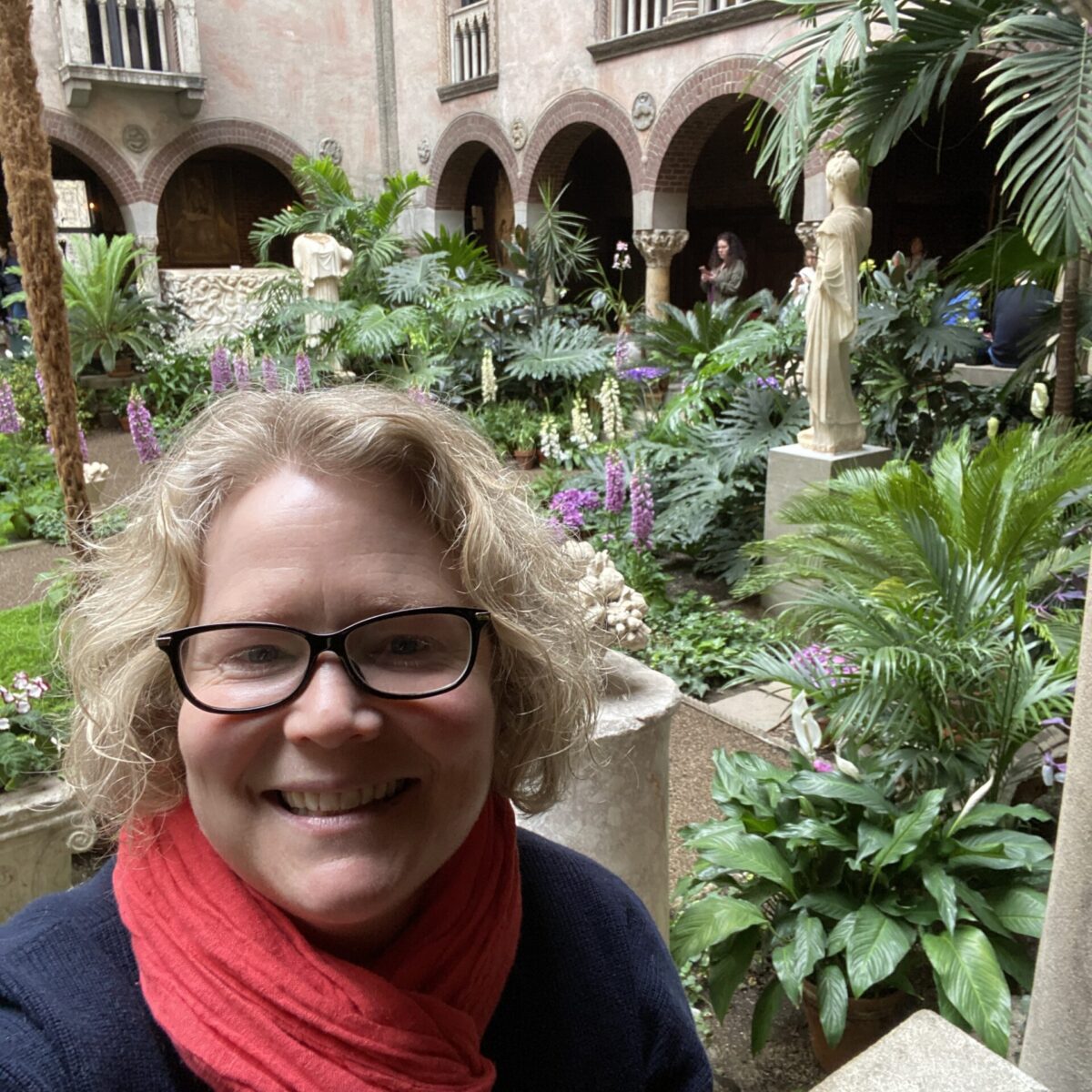
About the speakers
Lobsang Phuntsok is the founder of Jhamtse Gatsal Children’s Community in Lumla, India. Today, Jhamtse Gatsal (the garden of love and compassion) has more than a hundred children in its care. Lobsang’s story is beautifully told in the Emmy Award winning documentary Tashi and The Monk.
Venerable Bhante Buddharakkita is the founder and abbot of the Uganda Buddhist Center in Uganda. He is a visiting professor at Union Theological Seminary in New York City and holds an honorary doctorate in Buddhist studies from Mahachulalongkornrajavidyalaya University (MCU), Thailand.
Brother Pháp Dung is a senior Dharma teacher in the Plum Village tradition. Born in Vietnam and having first trained as an architect, Brother Pháp Dung helped to establish Deer Park Monastery and other US centers and has led mindfulness retreats in many countries, including Uganda and India.
You can watch the full webinar at https://www.youtube.com/watch?v=gPf7O3tJS-g.
